
Headlong Rush: Burundi's behaviour as a member of the UN Human Rights Council
Version Française
Since Burundi was elected to the UN Human Rights Council ("the Council") in 2015, observers and advocates have raised inconvenient questions regarding respect for the UN's top human rights body's membership standards. DefendDefenders (the East and Horn of Africa Human Rights Defenders Project)examinesthe Burundian government's appalling behaviour as a member of the Council and calls on UN member states to commit to principled voting in relation to Council elections.

"In all good conscience, no UN member state should have voted to elect Burundi to the Council. Nevertheless, 162 did so,” said Hassan Shire, Executive Director of DefendDefenders. "It is high time to ask electing states: is having some of the worst human rights abusers on the Council what you really want?”
When Burundi ran for election, the Council was addressing the country as a situation of concern. Nevertheless, Burundi was elected by an overwhelming majority – a clear lack of policy coherence from states that supported Council action on Burundi in Geneva, yet voted for it in New York. The explanation lies with ‘clean slates’: the fact that every year, most UN regional groups present the same number of candidates as there are seats available on the Council, rendering elections uncontested.
As"Headlong rush”shows, throughout its term, Burundi has set new lows for a Council member through its domestic behaviour (according to a UN Commission of Inquiry, some of the violations the government has committed may amount to crimes against humanity), its refusal to cooperate, and its direct attacks against the UN human rights system. The government has supported initiatives aiming to weaken human rights standards, dilute state obligations, and annihilate protective mechanisms.
"As a member of the Council, Burundi’s voting record on country-specific as well as on thematic initiatives has been appalling,” said Estella Kabachwezi, Senior Advocacy and Research Officer at DefendDefenders. "Burundi’s behaviour should be exposed so that diplomats, advocates, and Burundian citizens know what the government has done of its membership rights.”
The Burundian government has also regularly attacked the independence, competence, professionalism, integrity and legitimacy of the UN High Commissioner for Human Rights and his Office, and it has exercised reprisals against human rights defenders.
The next election for the Council will take place in October 2018 at the UN General Assembly. DefendDefenders urges UN member states to say "No” to clean slates and to vote only for candidates that are fit to serve as members of the Council.
"States that voted for Burundi while seeking to advance human rights protection and strengthen the Council’s integrity shot a bullet in their own foot,” said Nicolas Agostini, Representative to the UN for DefendDefenders. "The October 2018 election must be used to overcome bad practices, including ‘clean slates.’ Strengthening the Council’s credibility requires that kind of political will.”
The UN Human Rights Council was established in 2006 to succeed the UN Commission on Human Rights. Its membership includes 47 states, which are elected for a three-year term. According to the Council’s founding resolution, candidates for elections should "uphold the highest standards in the promotion and protection of human rights” and "fully cooperate with the Council.” A member’s rights can be suspended by the UN General Assembly by a two-thirds majority vote. The Council meets every year in no less than three regular sessions, and it can hold special sessions to address human rights crises.
For more information, please contact
Hassan Shire
Executive Director, the East and Horn of Africa Human Rights Defenders Project
on executive@defenddefenders.org or +256 772 753 753
(English and Somali)
Estella Kabachwezi
Senior Advocacy and Research Officer, the East and Horn of Africa Human Rights Defenders Project
on advocacy@defenddefenders.org or +256 782 360 460
(English)
Nicolas Agostini
Representative to the United Nations (Geneva), the East and Horn of Africa Human Rights Defenders Project
on geneva@defenddefenders.org or +41 798 134 991
(English and French)
East and Horn of Africa Human Rights Defenders Project
DefendDefenders seeks to strengthen the work of human rights defenders throughout the region by reducing their vulnerability to the risk of persecution and by enhancing their capacity to effectively defend human rights.
DefendDefenders focuses its work on Burundi, Djibouti, Eritrea, Ethiopia, Kenya, Rwanda, Somalia (together with Somaliland), South Sudan, Sudan, Tanzania and Uganda. Visit us atwww.defenddefenders.org




 0
0 
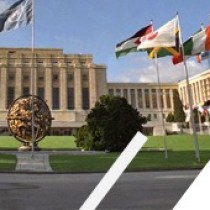



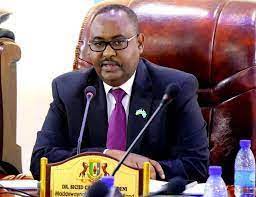
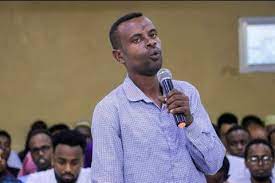
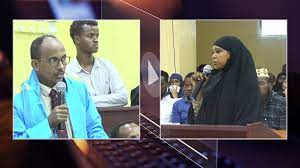

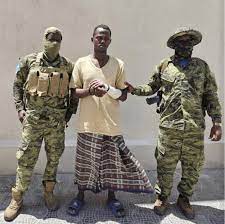


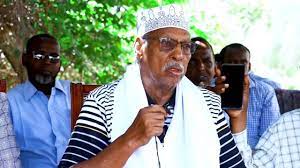
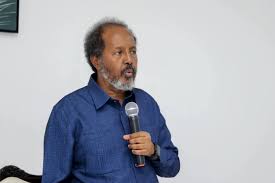
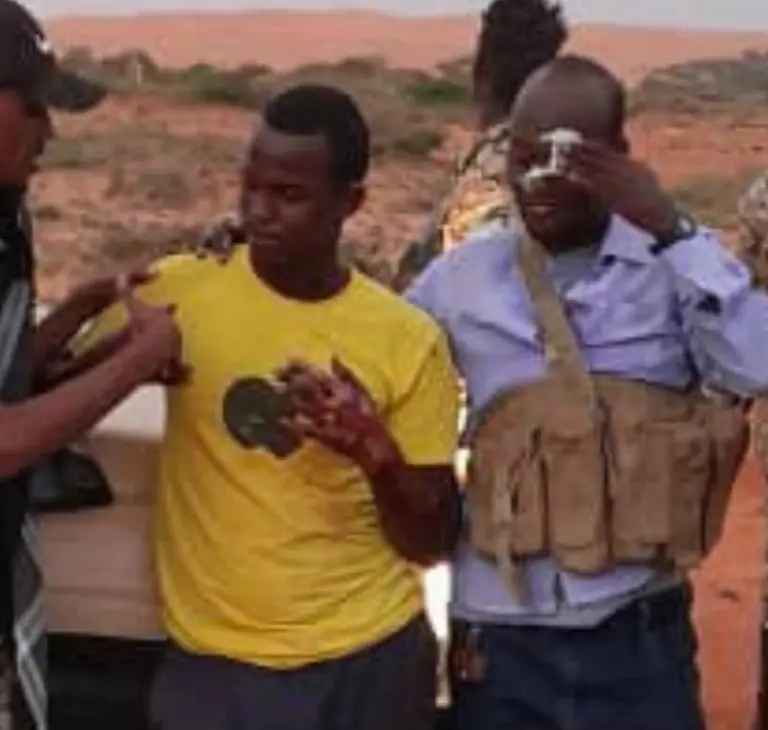
Headlong Rush: Burundi's behaviour as a member of the UN Human Rights Council
Version Française Since Burundi was elected to the UN Human Rights Council ("the Council") in 2015, observers and advocates have raised inconvenient questions regarding respect for the UN's top human rights body's membersh